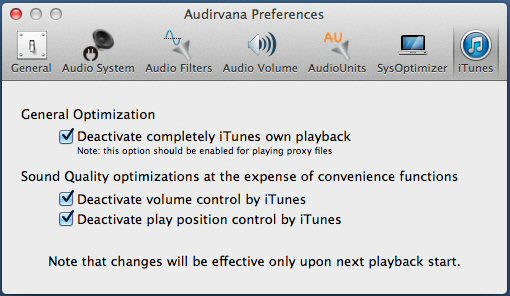
One of my favorite subjects! I haven't posted in a long time but thought I'd chime in on this one just to keep the discussion going. A+ makes it convenient and easy to try at no expense except for the $25 for the DSD album. I would strongly recommend buying one of the DSD album from Acoustic Sounds and see for yourself. The other DSD albums that I have bought from Acoustic Sounds (Nat King Cole, Muddy Waters, Rickie Lee Jones) all sound fantastic IMHO. This is well recorded album in general and the DSD is really nice even with the DSD to PCM conversion. The only comparison to a Redbook CD is Shelby Lynne's "Just a Little Lovin". There are a number of options in "Preferences" but I am using the default settings in this area.

It automatically does the file conversion. Just drop the DSD files (folder) into the playlist and A+ plays just as it does PCM files. Still, I very much like what I hear from DSD.Ī+ converts the DSD file to 24/176.4 PCM data. There are still some HQPlayer features that need the best NVidia GPU on the market to help but I don't need those fortunately.My DAC (Metric Halo LIO-8) does not handle DSD directly so I have not bought that many DSD titles except a few from Acoustic Sounds and Blue Coast. Which keeps the price of the machine reasonable. So now you can see the convolution, upsampling and modulator loading are really nicely distributed and no GPU help (CUDA offloading) is required for me now.
#Audirvana dsd 512 not option update
This was a game changer of an update because previously I would only see 2 cores nearly maxed out and the rest of the cores doing little and some of the things I was doing needed fast GPU help (CUDA offloading). This task needs faster speed than GPU's can offer.īut in the past 12 months HQPlayer's dev has done some really major optimisations for the latest Intel and AMD CPU's that have >8 physical cores that are also all fast now. Once it is at ~80bit/24MHz (DSD512) then it is the modulator that converts it 1-bit and this is where you need at least 2 very fast CPU cores. Especially for those upsampling DSD multichannel tracks (which I don't). Some of HQPlayer filters even benefit from offloading to the best GPU's on the market. This upsampling task is what needs more cores and core speed is less important. Then this is converted to ~80-bit/24MHz (DSD512). Say I'm playing a 24/96kHz track on Apple Music, I feed this into HQPlayer which then will convert this to ~80bit/96kHz because convolution for digital room correction and DSP crossovers is done by HQPlayer at the source rate before upsampling.


I have HQPlayer handling my convolution and DSP crossovers for my DIY DSP speakers (8-channels) applying it to any source I want.Īll the below is kind of simplified to make it kind of easier to follow. I feed HQPlayer from Qobuz, Apple Music Hi-Res and Deezer and Soundcloud and other digital sources. Stereo tracks need at least 2 physical cores with high single core speed. So the long belief that HQPlayer needed the fastest single core CPU's has mostly been due to the modulator needing this speed. In the HQPlayer world (I can't talk about other software) the modulator has always required high single core speed. Is it possible the CPU loading is due to multiple tracks being converted simultaneously, rather than all those cores working on one conversion? I've never taken the time to investigate if up-converting files like this can be spread across multiple cores, but I've always assumed the process would be single threaded. It's interesting to me that all the cores seem to quite busy.


 0 kommentar(er)
0 kommentar(er)
